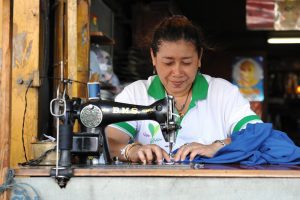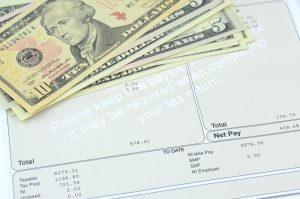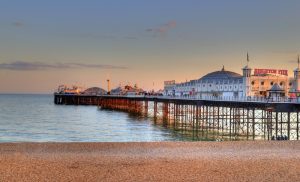Relocation to the UK is more than simply finding a new job or place to live; it’s also about making sure your kids get a good education.
As a result, it is imperative that you thoroughly research both public and private institutions. How are UK school start times and curricula different from those in other countries?
Schools in the United Kingdom typically start between 8:00 and 9:00 a.m. and dismiss between 3:00 and 4:00 p.m.
However, each school sets its schedule. For there to be a school year, there must be a minimum of 380 sessions held, (around 190 days).
In general, each institution has a school day that lasts between 5 and 6 hours.
Table of Contents
Why is the primary school start time 8:40 in the UK?
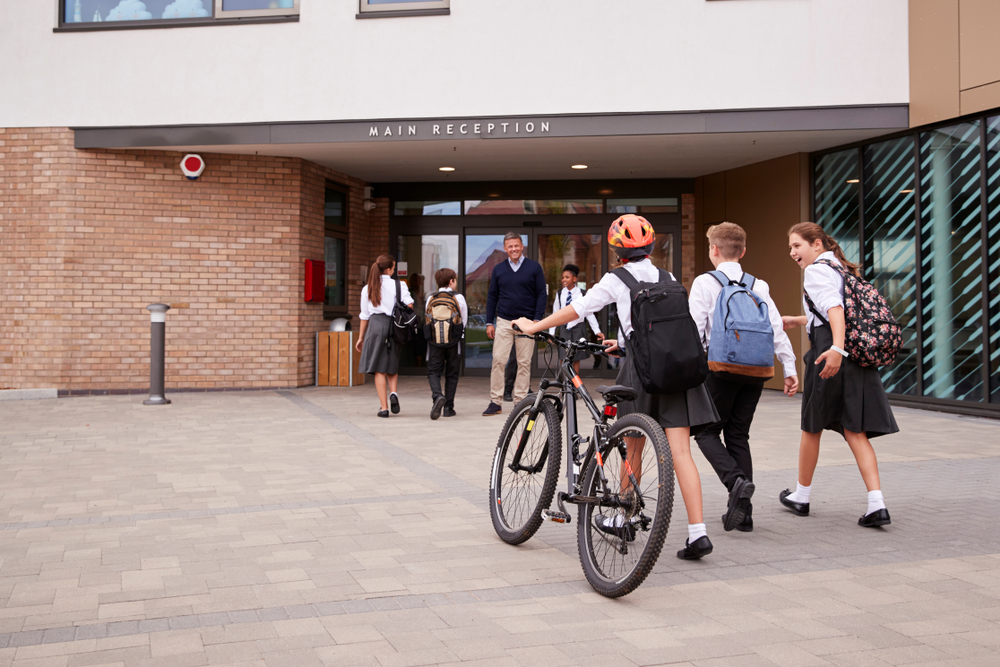
Although 8:40 a.m. may seem early, it helps prepare primary school students for high school by teaching them to manage their time effectively.
Its starting time is, however, significant for the parents who drop them there. The times when elementary schools open are not coincidental with the times that adults often spend traveling to or from work.
Parents’ work schedules would be disrupted if this drop-off time was pushed back, resulting in them being unable to leave their children on time without risking being late to work.
Why do UK primary school classes end at 3:30?
Primary school students have free time after school ends at 15:30. Children under the age of ten are typically unable to focus for more than a few hours at a time even with frequent pauses.
As a result, they’ll be able to develop a schedule for the time following school.
In the afternoons, the child could stay at school to socialize with friends or participate in an activity of their choice with the supervision of a teacher or a parent.
Are uniforms a requirement in all United Kingdom schools?
Another difference between British and non-British schooling is the uniforms worn in the classroom.

Almost all primary schools in the United Kingdom require students to wear a uniform consistent with the school they attend.
However, most schools just require one or a few school-specific uniform items, while the rest of the student’s wardrobe can include whatever they like.
Shorts, skorts, skirts, dresses, and togs, are just a few of the options available to students.
Schools in many other nations don’t see the importance of the school uniform and allow students to wear more casual attire.
At what age do children enter the UK’s educational system?
From age five to eighteen, all British citizens are required to attend school. To prepare for this, parents might enlist the help of daycare centers or private agencies to care for their children while they are still young.
Parents have a wide range of options for schools once their children enter the educational system, from private to special needs.
Higher education is available to students who have completed elementary and secondary school.
The United Kingdom has some of the greatest schools in the world for students.
What is the grading system like in UK schools?
The alphabetical grading system (A to F) used in secondary education in the United Kingdom is similar to the one used in the United States.

It’s important to remember that in this context, A stands for exceptional; B stands for above average; C stands for typical; D and E represent the average; F is for failing; anything below F is considered a failure.
Students in higher education follow a numerical system that applies to both undergrad and grad school.
What is considered a school year in the UK?
You may want to plan your vacations around the holidays in your home country. Therefore, you may wonder what the school year is like in the United Kingdom.
It lasts 39 weeks, from September to July.
There are six semesters in a year for the vast majority of the nation’s schools (there are a few outliers).
- June to July
- April to May
- January to February
- February to March
- September to October
- October to December
School terms and breaks are set by a variety of groups, including the local government, the school’s governing board, or even the school itself – a form of private institution).
What are the main holidays for schools in the UK?

Everybody looks forward to holiday breaks and faculty and students are no exception. The main holidays in the UK for schools are:
- Two weeks for Christmas
- Two weeks of spring break
- Six weeks for summer break
At the end of May, middle of February, and end of October, students also get one-week breaks.
What are the main differences between UK private and public schools?
If you’re still undecided, you’re undoubtedly curious about the distinctions between the UK’s private and public education systems.
School payments made by parents account for the majority of the funding for private schools, which are not sponsored by local governments.
People of any age can utilize them, and the costs vary widely. In the United Kingdom, you may also see private schools being described as “independent” schools.
However, trustees or a board of governors regulate independent schools, while other educational institutions may be operated solely by the proprietor.
Why are some private UK schools still called public schools?
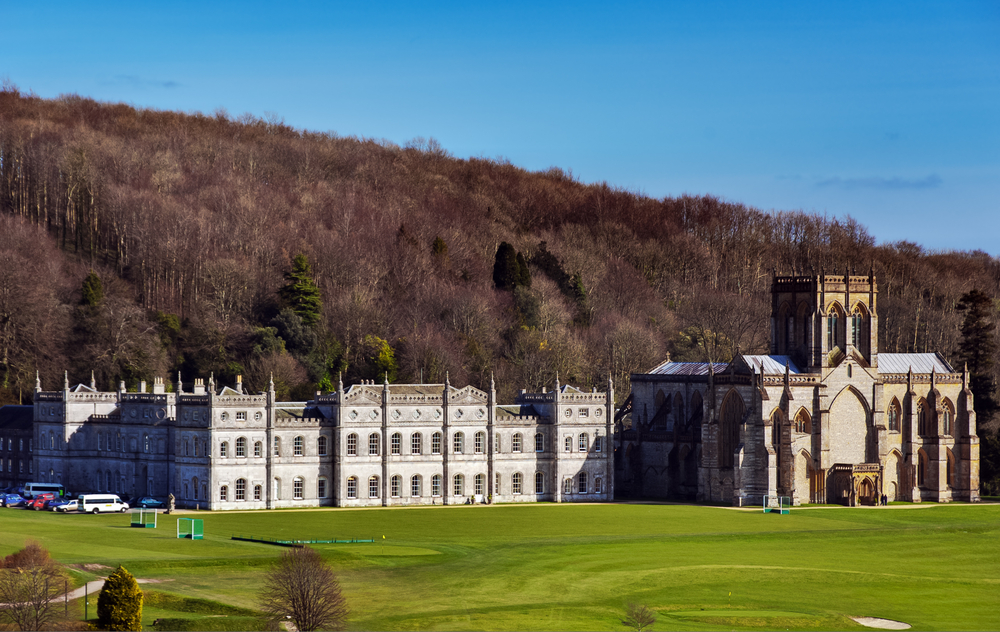
The term “public school” also refers to the archaic, most conventional, and most costly boarding secondary schools in the United Kingdom’s education system.
Eton, a private boys’ boarding school that follows the tradition of public schools by maintaining a complete boarding establishment, is the favored choice of the Royals.
That’s why the term “public” should be avoided when discussing the contrasts between public and private learning in the United Kingdom, as it may confuse you.
What are the types of state schools in the United Kingdom?
Those who attend the UK’s state schools fall into the following classification:
Community Schools: There is no economic or religious interference in local schools, and the national curriculum is followed in these establishments.
Voluntary and Foundation Schools: Bankrolled by the local government, foundations, as well as voluntary schools, these are allowed to operate however they like (sometimes they receive assistance from religious entities.)
Free Schools and Academies: operated by non-profit academy trusts that are independent of the local government and function independently (they can freely choose their life of operation and their curriculum).
Grammar Schools: the local authorities can operate them, academy trust or a foundation, and pick their students based on their academic abilities.
To get into school, students must pass an exam.
What are the state school alternatives in the UK?
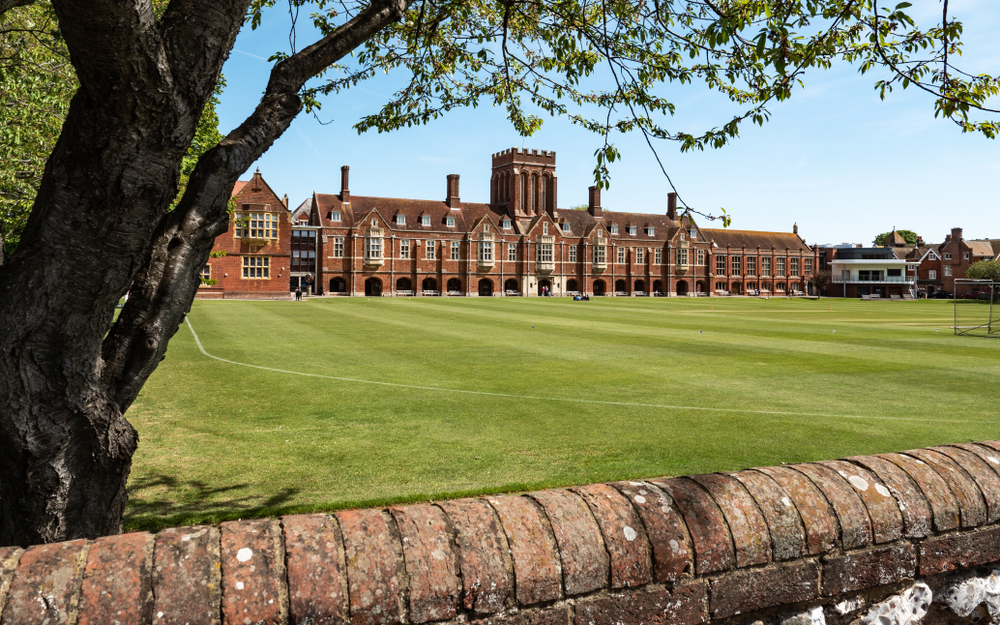
Alternatives to publicly supported private schools include for-profit schools (sometimes known as “independent schools” in the UK).
Despite this, they are required to register with the government as well as adhere to periodic checks in order to stay in business.
Students in such schools are not required to adhere to the national curriculum.
Do UK private schools outshine state schools?
There is a lot of disagreement on this point. However, to give you an indication, proponents of private schools believe that their facilities, test scores, extracurricular offerings, and teachers’ dedication are all superior to public schools.
The quality of a product cannot always be guaranteed by the amount of money spent. Interacting with people from a variety of backgrounds daily provides invaluable life skills that can’t be bought with money, for example.
Furthermore, in the United Kingdom, there are exceptional teachers in both public and private education systems.
What are the UK early childhood education offerings?
Most children, begin school at the age of five, with a “senior kindergarten” year serving as a foundation for the rest of their education.
Au Pairs, Daycares, “nursery schools” (similar to kindergartens), and childminders are all choices for pre-school education.
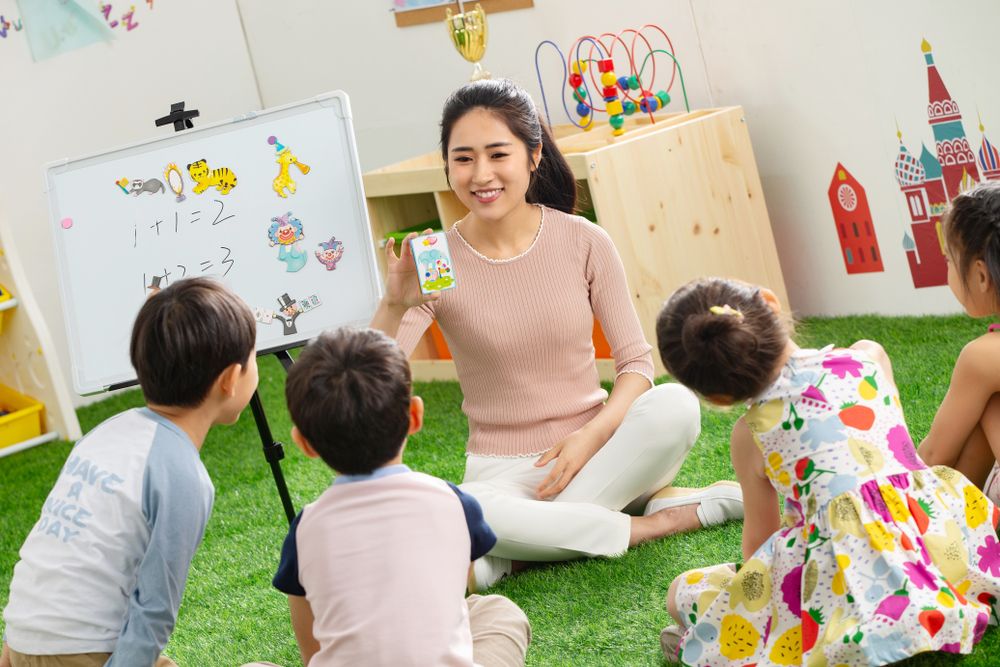
Preschool, it should be noted, is not a prerequisite for any child’s education.
Get in touch with your local council’s Family Information Service (FIS) to find out about childcare options in your area, as well as information about daycare and kindergarten fees and educational techniques.
There is a search feature available through the Daycare Trust for all FIS details in Northern Ireland and Great Britain.
Does the UK offer funding for early childhood education?
Your local Family Information Service can let you know whether there are any free early childhood education programs in your area.
Three and four-year-olds in England, for example, have a legal right to 15 hours of free schooling per week, 38 weeks per year.
In Northern Ireland, pre-school education is supported by the government for one year.
Vouchers for Daycare
Additional financial advantages can be obtained outside of publicly sponsored early childhood education.
As a perk of your job, your employer may provide childcare vouchers. To determine whether or if these vouchers are more or less valuable than Working Tax Credits, do the math carefully.
Tax Deductions
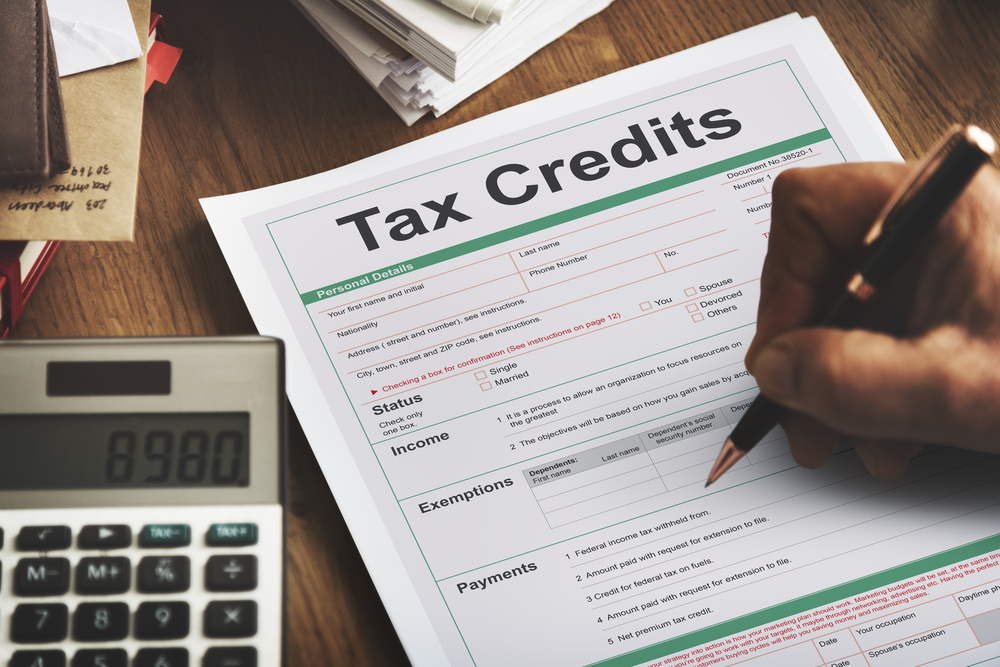
To receive Working Tax Credits, you must not receive any employer coupons for childcare expenses.
If you have a child, you may be eligible for up to 2,010 GBP each year from the UK government.
Both you and your partner must work a minimum of 16 hours per week to be eligible for this money.
Using the online benefits adviser, you can see if you are eligible for additional child benefits.
The majority of state schools in the United Kingdom must adhere to the national curriculum, which is sponsored and regulated by the local authorities.
How does the primary curriculum work in the UK?
The National Curriculum in England specifies that a child should attend primary school from the age of five until they are eleven years old.
Around most schools, the typical school day begins at 8:00 and concludes at 16:00 for most students.
Literacy, science, and math are the three foundational disciplines taught in primary schools in the United Kingdom.
PE (physical education) and religious education can also be a part of their education.
All UK primary school students have the option of taking a standardized exam in Year 6, after Key Stage 2.
How does the secondary curriculum work in the UK?
In the United Kingdom, secondary education (sometimes known as “high school,” “sixth form,” or “college”) lasts between five and seven years.
In the United Kingdom, secondary school attendance is mandatory for students from 12 to 16 years old.
The term “lower secondary” is used to describe this phase of compulsory schooling.

Vocational training and employment opportunities are available to students who have completed lower secondary education.
Alternatively, 16 to 18-year-olds can enroll in a college or sixth form to begin their preparations for higher education.
How do comprehensive, grammar, and specialist schools work in the UK?
All subjects learned in primary school are included in the high school curriculum. All students are required to complete personal and social and health education courses as well as a foreign language requirement.
Many state schools are also “specialized schools.” They concentrate on a single or a small number of subjects.
In this case, it makes sense to select a secondary school based on your children’s talents in math and science or music.
Specialty schools in the United Kingdom received additional funding and recognition from the government before 2010.
Many secondary schools, even though this program was discontinued several years ago, continue to specialize in specific subjects and build on their past reputations.




